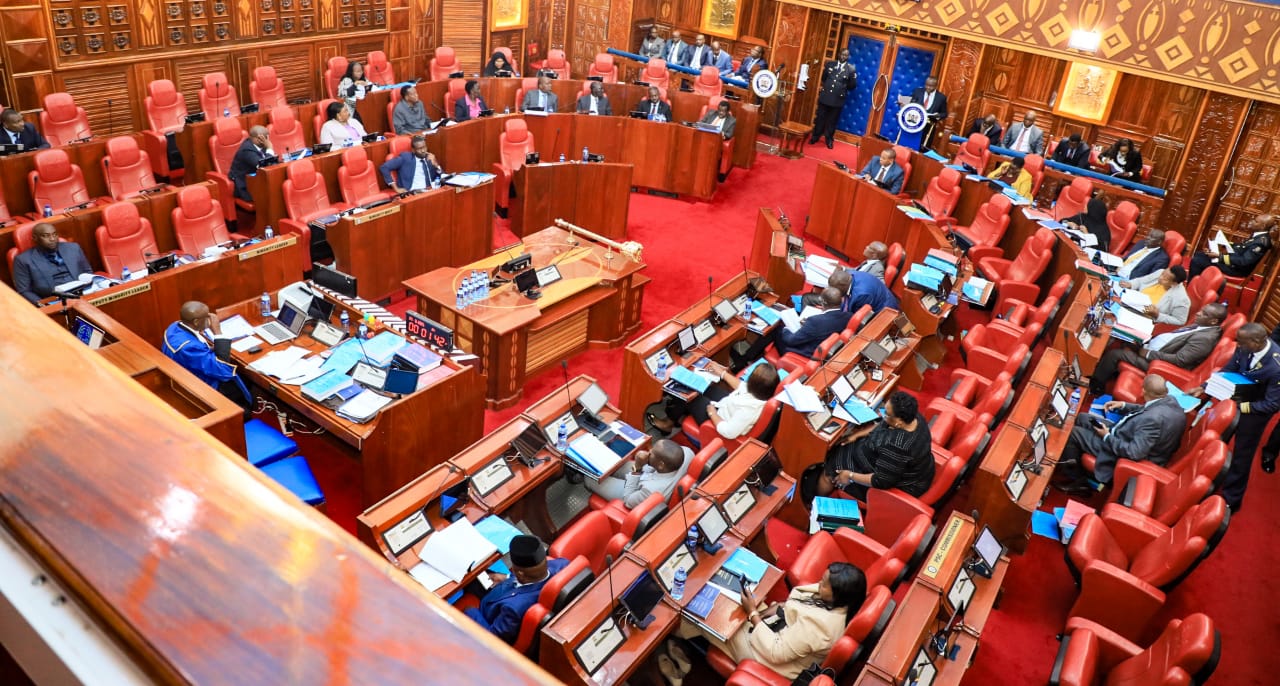County assemblies across the country are under intense scrutiny for mishandling funds, accumulating massive unpaid bills, and engaging in biased hiring practices.
A Senate County Public Accounts Committee report has highlighted serious flaws in financial management and operational oversight, raising concerns about the sustainability and integrity of county operations.
The committee’s review of audit reports for the period ending June 30, 2024, found that county assemblies were making payments to entities without legal backing, rendering these disbursements irregular, unlawful, and impossible to audit.
Among the entities cited were the County Assemblies Forum (CAF) and the Society of Clerks-at-the-Table (SOCATT).
“The committee noted that county assemblies made payments to SOCATT and CAF, which were irregular and unlawful,” the report states.
Senators have urged that these payments be halted immediately and recommended that any accounting officers authorising further contributions be surcharged.
The move, if implemented, could curb the influence of lobbying groups often leveraged by MCAs and clerks to advance their personal interests.
The report also warned that the rising pending bills in county assemblies are crippling service delivery and threatening businesses.
“The accumulated pending bills in counties have significantly affected service providers, leading to the closure of businesses, stalled projects, poor service delivery and slowed economic growth,” the report notes. Many contractors are entangled in court cases with suppliers, while others face poverty, mental health crises, or even death due to unpaid debts.
To address this, the committee recommended that counties clear verified pending bills of less than Sh1 billion by the end of this financial year, and those exceeding Sh1 billion by the close of the next financial year.
Counties are also expected to submit payment plans to the Controller of Budget, prioritising pending bills as the first charge on the County Revenue Fund.
Beyond finances, the committee highlighted ethnic imbalance in county assembly staffing, noting that most employees come from the dominant community within a devolved unit.
“The county assembly should work progressively towards attaining the requirements of the provisions of Section 65(1)(e) of the County Government Act on ethnic inclusivity,” the report states.
The review further uncovered that some assembly staff earn less than a third of their basic pay, violating Section 19(3) of the Employment Act, 2007. Concerns were also raised over the risk of losing county assembly assets due to missing fixed asset registers and large outstanding imprests.
“The committee further recommends the sanction and surcharge of accounting officers who fail to recover outstanding imprests in line with Regulation 93(7) of the PFM (County Government) Regulations, 2015,” the report adds.
The committee emphasized that counties must adjust their Integrated Payroll and Personnel Database (IPPD) systems to prevent commitments beyond approved thresholds, ensuring financial discipline and accountability.
